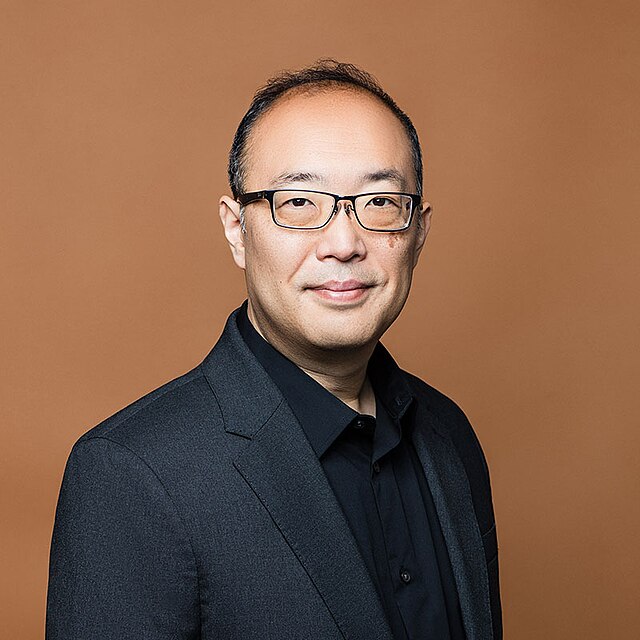
Daniel Nomura
ChemistryDaniel Nomura is a Professor in the Department of Chemistry and the Department of Molecular and Cell Biology at UC Berkeley. He is also an Adjunct Professor in the Department of Pharmaceutical Chemistry at UCSF.
Project Description
Drugging Oncogenic Transcription Factors
This proposal aims to address the challenge of targeting transcription factors (TFs), which are crucial in cancer but difficult to drug due to their unique structure. The proposed solution involves using new methods to develop drugs that can target these TFs effectively. These methods include techniques like using covalent chemoproteomics, molecular glue degraders, and targeting TFs with specific proteins in the cell. This approach aims to produce better treatments for cancer patients and possibly others who need therapies targeting these hard-to-reach TFs.
Daniel Nomura’s Story
Drugging the Undruggable: The Nomura Lab’s Approach to Cancer Treatment
August 9, 2024
By: Niki Borghei
A little over two million people in the United States are expected to receive a new cancer diagnosis this year. Each of these diagnoses represents more than just a statistic; it marks the beginning of a deeply personal and often daunting journey. Picture the moment when a doctor delivers the news—an event that ripples outwards, touching not just the patient but their family, friends, and community.
Amidst this sea of diagnoses, there’s a glimmer of hope emerging from the world of scientific innovation. Researchers are working tirelessly behind the scenes, driven by a fierce determination to turn the tide.
That’s where UC Berkeley Professor of Chemical Biology and Molecular Therapeutics, Daniel Nomura, comes in. He and his team are developing innovative solutions using chemical biology to target previously undruggable “transcription factors” that drive disease.
Q: First, what exactly are transcription factors?
A: In cancer, transcription factors can malfunction and cause genes to turn on or off in ways that promote tumor growth. While there are many transcription factors that are known to drive human cancer, most of these transcription factors have been deemed “undruggable.” This proposal develops chemical approaches to discover drugs against these major therapeutic targets, towards developing next-generation therapies.
Q: Interesting. How did you decide this was the approach you wanted to take to find solutions for cancer?
A: Our lab has had a long-standing interest in drugging the “undruggable” proteome using innovative chemical biology approaches. While there are many transcription factors that are known to be major drivers of various human diseases including cancer, transcription factors represent the last frontier of undruggable targets that have eluded drug discovery efforts. We hope to overcome this challenge through the development of groundbreaking chemical technologies.
Q: What motivated you to take the extra step and pursue entrepreneurship?
A: My main motivation in research is to discover approaches to overcome bottlenecks in developing new disease therapies against previously undruggable therapeutic targets, towards developing next-generation disease therapies that will impact patient lives. Working with pharmaceutical companies or spinning out new biotech companies is a critical and necessary component of translating academic discoveries into the clinic.
Q: That’s exciting! But surely, there will be challenges ahead. How will the Bakar Fellows Program support you in your entrepreneurial journey?
A: The Bakar Spark fund will be critical for both advancing our early stage programs as well as further advancing our platform approaches for drugging transcription factors. We are currently going through a particularly challenging climate for biotech, so further advancing programs in an academic setting before spinning out assets into a biotech company will help to overcome commercialization timelines.
Q: This sounds like exactly the kind of treatment we need right now. So what’s next?
A: We hope to both advance our early stage pipeline programs and further advance our platform technologies for drugging transcription factors during the Bakar funding. We expect to have sufficient proof-of-concept of our approaches to garner venture capital funding to spin out a new biotech company.